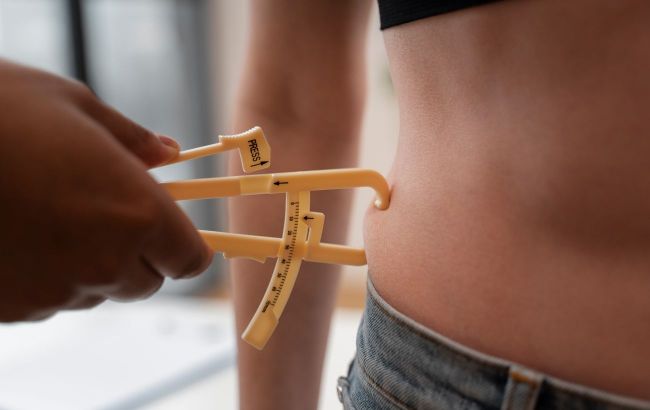It does not burn fat - Expert reveals useless cosmetic procedure
 Are lipolytics effective (photo: Freepik)
Are lipolytics effective (photo: Freepik)
In recent years, lipolytics have gained popularity as a method of dealing with excess fat. These drugs are used to locally reduce adipose tissue through injections. However, their effectiveness and safety are controversial among medical experts, states blogger Yana Tokar.
How do lipolitics work
Lipolitics can be divided into two main groups depending on the mechanism of action:
Direct lipolytics
Drugs of this group directly destroy the membranes of fat cells (adipocytes), causing their cytolysis - death. The main active ingredient of such drugs is sodium deoxycholate, which dissolves cell membranes, releasing triglycerides. After that, they are excreted from the body through the lymphatic system.
Indirect lipolytics
Instead, indirect lipolytics act by activating metabolic processes that contribute to the gradual degradation of fat cells without destroying them. The main substances in such drugs are phosphatidylcholine, L-carnitine, etc. They stimulate apoptosis (programmed cell death) and accelerate the breakdown of fat naturally.
Are lipolytics really effective
Despite numerous advertising promises, there is currently no accurate scientific evidence to support the sustainable effect of lipolytics. The percentage of adipose tissue destruction is individual and depends on many factors, from the composition of the drug to the characteristics of the patient's body. In addition, the effect may be temporary, and the body can compensate for fat loss by other mechanisms.
“If lipolytics worked as advertised, I would have been a Victoria's Secret model a long time ago,” Yana wrote.
Why is it possible to gain weight again after lipolytics
Despite the possible effect in reducing body fat, there are factors that can contribute to weight gain after injections:
Hypertrophy of residual adipocytes
Even after some of the fat cells are destroyed, the remaining ones can increase in size, storing more fat.
Redistribution of adipose tissue
If adipose tissue disappears in one area (for example, the abdomen), the body can compensate for the loss by storing fat in other places, such as the hips or arms.
Maintaining energy balance
If a person continues to consume more calories than they expend, the body will find a way to store excess energy, which can lead to weight gain.
Hormonal changes
The destruction of fat cells can affect hormone levels, including leptin (the satiety hormone) and adiponectin (responsible for regulating fat metabolism). This can lead to increased appetite and slower metabolism.
Metabolic adaptation
The body has a natural ability to adapt to weight changes. If some of the fat cells are destroyed, the metabolism can slow down, leading to a rapid return of fat deposits.
Lipolytics can be an auxiliary method of body shaping but they should not be considered a panacea for being overweight.
Without proper nutrition, physical activity, and general lifestyle control, any effect of lipolytics may be short-lived or even lead to unpredictable consequences. Before using such drugs, you should consult a doctor and assess all possible risks.
Read also about the three main mistakes that lead to deep wrinkles.
This material is for informational purposes only and should not be used for medical diagnosis or self-treatment. Our goal is to provide readers with accurate information about symptoms, causes, and methods of detecting diseases. RBС-Ukraine is not responsible for any diagnoses that readers may make based on materials from the resource. We do not recommend self-treatment and advise consulting a doctor in case of any health concerns.

